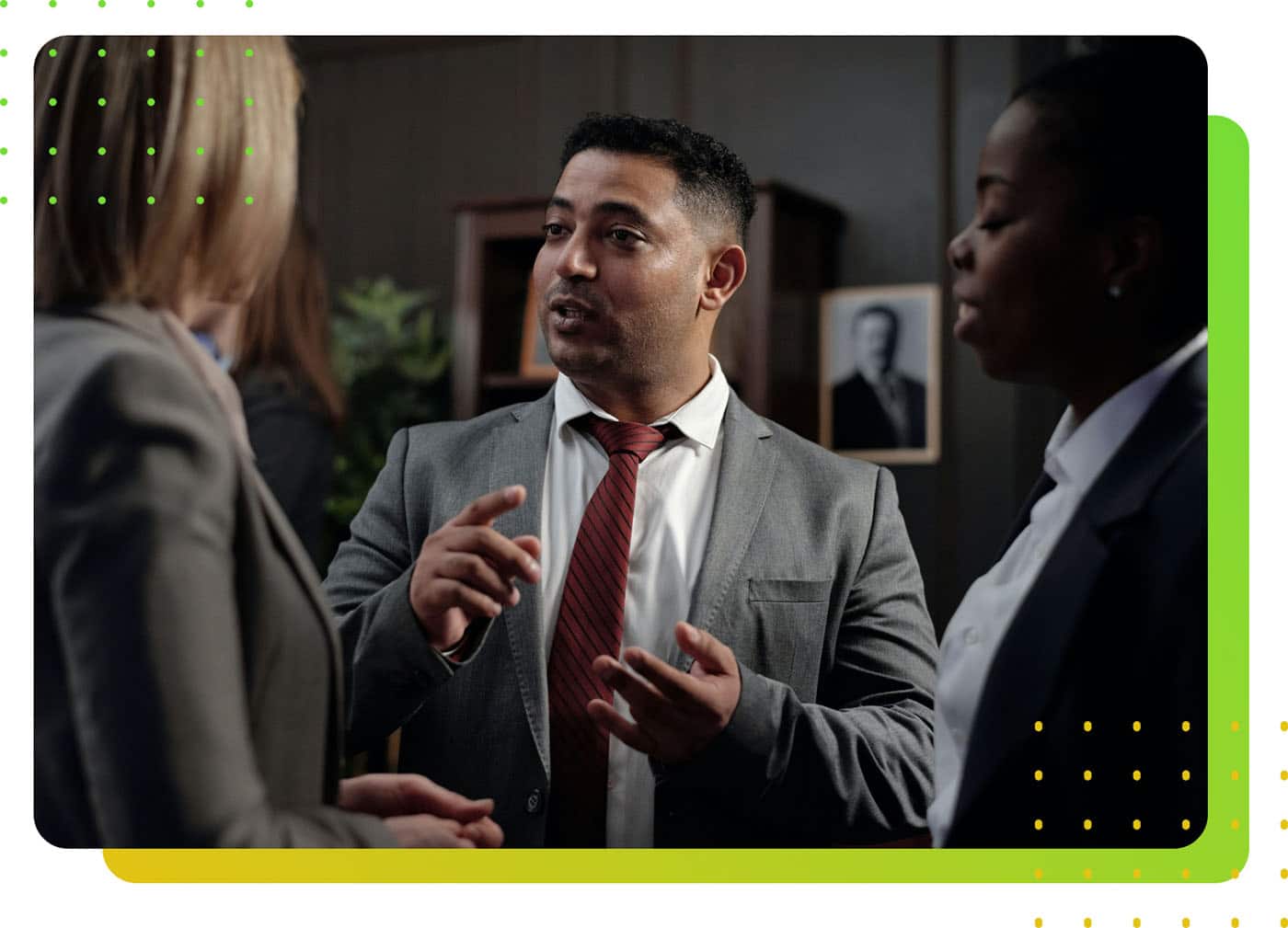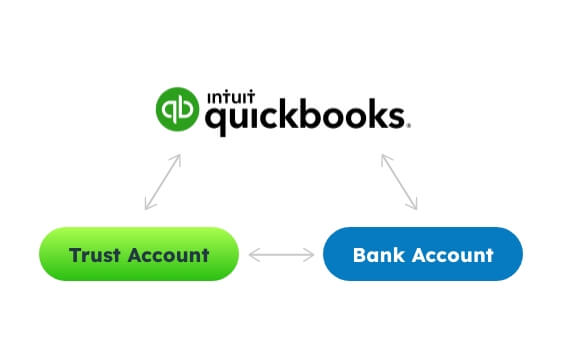
It’s hard to know who e billing software benefits most…the attorney and legal staff that use it to make their jobs easier or the clients that use it to improve lives as well.
Either way, whether you are sending an invoice or paying it, the ability to use e billing software in a law firm is quickly becoming one of the most important features of an excellent practice management software legal system.

Key Takeaways
- E billing software is defined as a type of specialized software that can assist law firms in creating, processing, and sending out their legal invoices electronically.
- Legal e billing software lets firms automate large parts of the billing process, which can save time, increase efficiency and increase accuracy.
- There are many advantages to e billing software (but some disadvantages too.) Knowing both will help you determine if an e billing software system is going to work for your firm.
Dedicated legal billing software helps you to capture more billable hours while learning to work smarter, not harder.
It can also make it almost effortless for your clients to be able to receive an easy-to-read invoice and pay it in a timely manner without having to worry about envelopes, stamps, or time lost in transit.
Cloud-based billing solutions are here to stay for legal departments. Let’s do a deeper dive and find out how they can benefit your practice and what the best legal billing software is for your law practice management needs.

What is Legal E Billing Software?
Legal e billing software, also known as electronic billing systems, is a type of specialized software that’s designed to assist law firms in creating, processing, and sending out their legal invoices electronically.
It also allows for the management of all accounts receivable as invoices are paid.
The best legal billing software lets firms automate large parts of the billing process, which can save time, increase efficiency and increase accuracy.
Using a cloud based software like LeanLaw for your legal e billing needs is going to make a big difference in how your attorneys and staff are able to do business.
Not only that, but legal e billing software can be accessed from anywhere a user has an internet connection, which makes it ideal for anyone who wants to work remotely while they are on the go.
From being able to track billable hours and expenses, to creating accurate e invoices in real time, legal e billing software can help a law firm move past traditional paper billing and give attorneys, staff and clients an easier and more efficient way of making sure that a bill gets paid.
What are the benefits of Legal E Billing Software?
Though the benefits to having a cloud based legal e billing software system implemented into your legal practice’s management software system, there are 5 specific areas that definitely really stand out.
Saves time and money: By reducing errors and streamlining the billing process, legal e-billing software can save law firms money. Additionally, it can help identify areas where costs can be reduced, such as inefficient processes or excessive billable hours. On top of that, many of the billing workflow processes can end up being automated, which allows your billing staff to have hours of their day freed up for other tasks.
Improves billing accuracy: Legal e-billing software can automatically validate invoices, ensuring that they conform to the client’s billing guidelines. This reduces the risk of rejected invoices, which can cause delays as well as damage a relationship you have with a client or damage your reputation in the community.
Schedule a demo
Improves cash flow: It’s clear that the speed and effectiveness of collecting on invoices sent makes a big difference in a law firm’s bottom line.
In fact, according to a study done by Thomson Reuters, most law firms will lose anywhere from 10 to 15 percent of their revenue due to poor billing practices, such as errors in invoicing and all billable hours not being captured appropriately. This means that your collection rates can end up increasing by 10-15% also if you don’t accept electronic payments.

Not only that, but if you’re using some form of e-payment, you’ll actually add 3-5% to your revenue!
Allows for more data to be collected and used: When a law firm chooses to introduce an e billing software system to their accounting department, the amount of data that can now be collected and analyzed will increase significantly. Being able to look at accounts receivable trends, expense tracking, late payments, and preferred methods to pay will all be much easier with a billing system that is electronic and online.
Allows for more convenience for clients: Clients expect accurate, timely invoices that are easy to understand. Legal e billing software can provide clients with detailed and organized invoices that are easy for them to interpret and meet the agreed upon expectations. This can lead to improved client satisfaction and a better reputation for the law firm.
At LeanLaw, we’ve created a special invoice delivery tool as part of our e billing system. This tool allows for an email to be created to summarize and send the client’s invoice, with a detailed description of the work and payment options available.
What are the Disadvantages of Legal E Billing Software?
In this age of technology, the benefits to billing the bulk of your clients electronically is certainly clear.
That said, there will always be some disadvantages as well.
Learning curve can be steep: For some, the time it takes to get up to speed with an e billing system may be frustrating, particularly for employees who are not as tech savvy, or for clients who don’t love to embrace technology as much as some of us do.
With a legal billing software system like LeanLaw, this is rarely a problem.
LeanLaw’s platform is easy to use and the support resources are excellent. Not only that, but there is always an onboarding specialist who is part of the implementation process.
Prices can be steep as well: Depending on the system your firm decides to implement, some of the costs can be difficult for a firm to swallow, especially a smaller firm without a large budget.
Again, this is where a e billing software solution like LeanLaw may help.

LeanLaw is a legal billing solution that is based on a tech stack-type approach to practice management legal software.
By allowing a law firm to continue to use certain workflow applications that are already working well for them, LeanLaw can fulfill the specific niche needed to help with a firm’s e billing needs.
By staying specific to billing and accounting tasks, LeanLaw won’t overhaul your entire firm’s workflow process, thus keeping your implementation costs to a minimum.
Data Security: Legal firms handle large amounts of sensitive data and information. The safety of these documents should always be a top concern for any practice. It’s imperative that – whatever legal e billing software your firm chooses – data breaches are taken seriously and are of the utmost importance and concern.
Make sure you feel comfortable with the way in which any software firm suggests that you handle your data and that they’ve been able to reassure you about the steps they’ve taken to keep it safe. If they can’t, then you will want to look elsewhere for your e billing software needs.
Often this lack of customization is a problem with the large, all-in-one type of legal practice management software systems that are on the market today.
If your firm has some unique ways in which you do some of your billing (like LEDES billing) or a certain type of client that has some specific requests when it comes to their invoicing, then many of those larger and more complex management systems may not work for you. But LeanLaw can accommodate for this.
Make sure you find an e billing software vendor who is willing to dig deep and ask about any out-of-the-ordinary features you may need when billing your clients.
If an e billing vendor can’t meet your requirements, then what good is the system going to be for you in the long run?

What is the Workflow Process When E Billing?
Today, law firms and clients alike know there is a big difference between sending a client a paper invoice and sending them an e invoice instead.
From time and labor spent to material costs and collection rates, e billing has proven to make a huge difference in the ways in which a firm get paid.
For example, if your law firm elects to use a legal billing software system like LeanLaw, you would most likely follow a workflow that looks similar to this:

- The billing attorney (or alternate timekeeper) will enter all billable activities, including time and expenses, into LeanLaw.
- LeanLaw’s easy to use billing software captures the attorney’s time, fees, and any expenses entered into the system.
- An e bill is generated (based on the specifications made by the firm) which can then be reviewed and shared with clients electronically. This process happens with manual oversight to ensure that it’s correct.
- Once clients receive their bill, they can easily pay it—ideally, online — using LeanLaw’s payments partner, Confido Legal.
- The law firm’s accounting team can then send confirmations or billing reminders (for outstanding payments) automatically via LeanLaw as well.
How Hard is It to Implement a Legal E Billing Software System?
As with all things having to do with technology, the implementation and onboarding process of a new legal e billing system can be challenging if not done well.
Even the most tech savvy attorneys and staff will find a new accounting application frustrating if the e billing system isn’t designed well and adequate training isn’t done by the software vendor.
For a program like LeanLaw, these issues have already been addressed.
From the beginning of the implementation process, LeanLaw will provide a firm with onboarding specialists who are well-skilled in helping legal staffs understand the e billing process…even those who have never used e billing before.
From data migration and setting up the automation process to training and support resources, LeanLaw is committed to making sure every employee in your firm understands the part of the billing process that relates to them.
LeanLaw is a collaborative platform for accounting workflow use. Knowing that there may be many various hands involved in your firm’s billing and accounting tasks means that it is vital that all staff feel comfortable with LeanLaw’s legal billing software system before it’s fully operational.

When You’re Ready to Try E Billing…Try LeanLaw First!
E billing is one of the quickest and best ways to bring more automation into your law firm which will only result in increased productivity and decreased lost time.
Schedule a demo
From increasing time/expense tracking and invoice accuracy to offering detailed reports and analytics, LeanLaw offers the best legal billing software and is the perfect option for your firm’s e billing needs.
If you’re ready to see what a powerful e tool LeanLaw can be, then schedule your free demo today!
With LeanLaw, you and your staff will work smarter, not harder. And enjoy doing it more than ever before.





